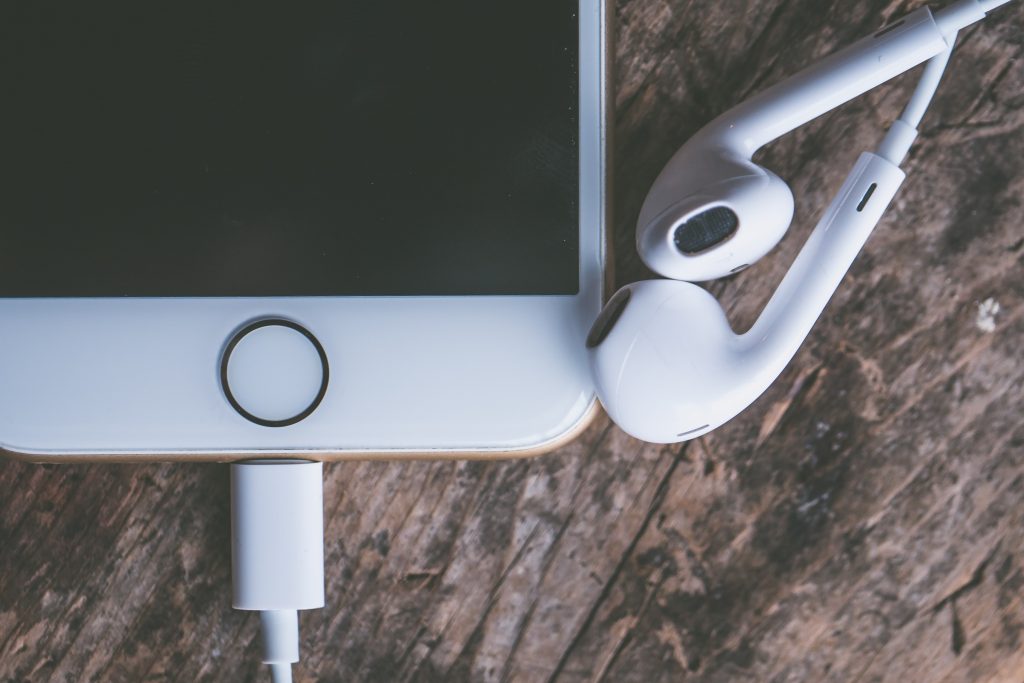Communication: the human necessity that comes right after food, water, shelter and security.
Just imagine how the state of our survival would be if there was no sense of belonging, no interaction. Even the slightest misunderstandings in communication can lead to a myriad of problems. We spend every day of our lives communicating and toiling to make sure that we get jobs done on a personal as well as on a professional front. While we are at it, we tend to forget that there is one aspect of communication that is so crucial that if it wasn’t present, there would be no communication at all. This undeniably important aspect of communication is listening.
We’ve arrived at unfortunate times where we do not care about differentiating hearing from listening. Hearing is just to allow noise to fall on our ears. But listening is to make sense of that noise. It is to give a meaning to every detail of that noise. The phrase ‘falling on deaf ears’ is more relevant now than it has ever been. Everyone wants to put their point across. Getting opinions accepted has become synonymous with validation. But if everyone talks and no one listens, how does that make us any different from a group of cackling crows? Don’t we know what kind of vessels make the most noise?
The Prophet (PBUH) is known to be a person of great oratory skills. He had the ability to convey a lot in little words. Long periods of silence were common and he spoke only out of necessity. That way, he avoided committing excess, showing pride and uttering falsehood. If we were to evaluate all the things we’ve said, we would be ashamed of the number of sins we commit on a daily basis. Standing up to speak does take a lot of courage but sitting down to listen takes a lot more.
Unlike what we are accustomed to believing in the present era, listening does have a lot of benefits. By learning and practicing the art of effective listening, over time, we will not fail to notice an improvement.
Tweaked Trust: When a speaker senses complete attention from her listener, she automatically opens up and responds better. What follows is genuine and selfless communication based on concern and honesty.
Speedy Solutions: Working in a team speeds up the problem solving and decision-making process. Allowing everyone to state their views and listening to them is the lifeline of a team.
Renewed Relationships: With the presence of an amicable amount of trust, relationships will grow stronger and more harmonious. People will like to be in the company of a good listener and will give attention in return.
Sustained Self-development: Being a good listener has a continuing positive impact on our personality. We receive advice and are able to see things from a different perspective. It helps us develop a calm approach and be patient in crisis.
Keeping all these benefits in mind, one would only be a fool to avoid practicing good listening skills. Here are a few pointers to make sure we reap the fruits of listening:
Maintain Focus: Whether you are listening to your parents, children, teacher, student or friend, giving them all our attention is important. Mobile phones and any such distractions should be kept away. You can’t boast of being good at multi-tasking if one of your tasks is listening. It should be given your all or nothing.
Between the Lines: When listening, also pay attention to non-verbal communication like the speaker’s emotions, eye contact and body language. Doing so can help understand the speaker better and establish a stronger connection.
Observe and Reflect: Once you understand what your speaker is going through, show her that you care. This can be done by questioning, consoling, supporting and acknowledging. The speaker will then feel comfortable in your company.
Respect and Do Not Interject: Allow the speaker to complete what they are saying even if it would require a few seconds of silence. Remember, silence is golden. It gives the speaker space to finish and it gives the listener time to think.
Being a good listener and attentive requires endless practice. The positives it can fetch us are worth the patience. Only if we understand this, we can be less opinionated and more empathetic. Since we have two ears as opposed to one mouth, shouldn’t we give listening double the importance of speaking?



